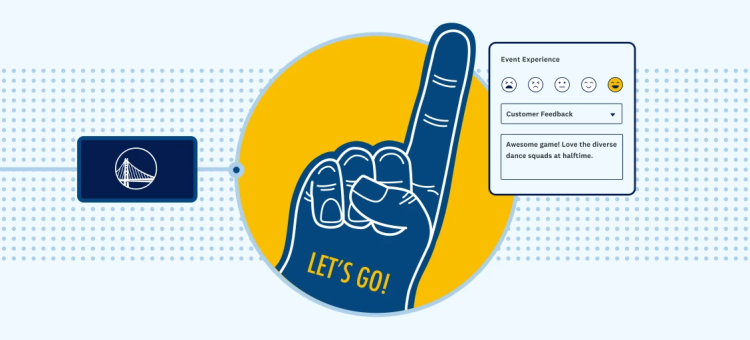October 29, 2020 is this year’s Latina Equal Pay Day—the day that shows how far into a second year a Latina would have to work to make the same amount that a white man would make the year before, doing the same work. In other words—Latina women have to work almost twice as long, even when they’re delivering the same level of value.
It’s a sobering reminder of how grossly unjust the business world really is. We decided to recognize the event by doing a Q&A with someone who could speak to the issue both personally and professionally—Amanda Guzmán, the Vice President of Finance & Operations at Sheryl Sandberg & Dave Goldberg Family Foundation—the nonprofit organization behind LeanIn.Org.
Amanda spoke to the misconceptions that people have about Latinas in the workplace, where the responsibility for change lies, and what she hopes for in the future.
When people think about the pay gap between Latinas and white men (and women), what are common misconceptions that they have?
Many people assume that Latinas face a pay gap because we’re concentrated in lower-paying roles. But even in the same job, we are paid less than white men. People may also assume that Latinas are less ambitious—but we ask for promotions and raises at similar rates to white men.
Yet the "broken rung" still holds us back at the first critical step up to manager. According to our Women in the Workplace research with McKinsey, for every 100 men promoted to manager, only 71 Latinas are promoted. This broken rung is blocking Latinas from moving up at all—let alone smashing the glass ceiling.
Where does the responsibility to address this disparity lie?
At every level of society—but especially with the people who are decision-makers and have the ability to shape societal institutions and companies. We must also examine ourselves and the ways in which we may be allowing biased behavior to go unchecked—whether it’s our own or other people’s.
It’s everyone’s duty to notice when someone is being treated unfairly or marginalized and to speak up and do our part to stop that from happening. Then we should go further and take action to ensure that everyone is treated equitably.
Do you have any personal stories about challenges or successes that you’ve faced as a working Latina that you would like to share?
As a child of an immigrant, I have had to make my own way in the corporate world without the benefit of family members who can help me navigate that space or a family safety net. I am my family’s safety net and the one now able to access spaces that were closed to my parents.
The idea of failing is deeply stressful, because I know my failure would affect not just me, but also my family. But my experience has also made me determined to hold the door open for those behind me and to reach back and pull others up to stand next to me.
Although it’s not possible for me to understand everyone’s unique experience, my own experience helps me to do what I can to support others and hold space for them. I am determined to do what I can to make it so that this world is fair and equitable to everyone—not just those born to wealth and privilege.
What types of biases and misconceptions do Latinas in the workplace have to face the most often?
We face the double-edged sword of racism and sexism. As women, we’re assumed to be less competent than men, and as Latinx people, we’re assumed to be less intelligent than white people. We’re given less credit for our accomplishments and judged more harshly for mistakes.
This forces us to put in extra effort just to be perceived as competent at our jobs, and that pressure can take a toll on our mental health and happiness at work. Many people face a double-edged sword of their own—be it racism and sexism or racism and homophobia or any other combination of biases stemming from the intersectional identities they hold. Being on the receiving end of bias is deeply hurtful. It hurts companies as well as individuals by stifling the high potential of employees who are being held back by bias.
What are your greatest hopes for the working Latinas of tomorrow?
I hope that we will finally be treated with the equity we have the right to no matter our gender or industry. I also hope that we will fight just as hard for equity for others, including addressing the anti-Blackness that is present in our communities.
More about Amanda Guzmán
Amanda Guzmán is the Vice President of Finance & Operations at Sheryl Sandberg & Dave Goldberg Family Foundation, the non-profit organization behind LeanIn.Org and OptionB.Org. Amanda joined the foundation in 2016. Prior to joining the foundation, Amanda practiced law in Skadden Arps' Mergers & Acquisitions group and Goodwin Procter's Private Investment Funds group. Amanda received her bachelor's degree from Stanford University and her law degree from Duke University School of Law.




